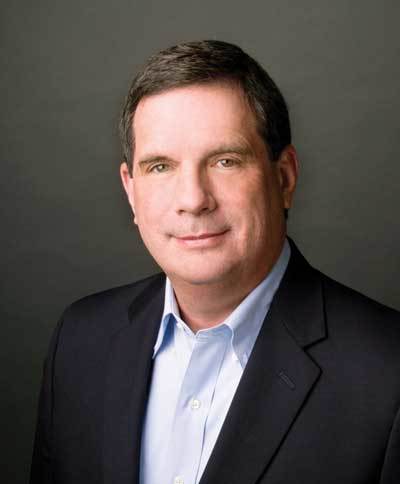6 Reasons Pastors May Be Staying at One Church Longer

The young pastor, at least by my perspective, impressed me. Though only 34 years old, he had a maturity and wisdom about him that went beyond his chronological age.
The most surprising aspect of my conversation with him was his response to my basic question, "How long have you been pastor of this church?" I was stunned to hear him say, "I just celebrated my 10th anniversary."
This pastor came to the church out of college when he was 24 years old. He completed an online seminary degree in his tenure. And he had led the church from 75 in average attendance to 180.
His parting comment to me was most telling, "I hope God lets me stay here all my life."
He is one of many pastors who are staying at their churches longer. Contrary to the conventional wisdom among many, pastoral tenure is not decreasing. In fact, it is likely increasing.
I looked at three bodies of data to see the trends in pastoral tenure. The folks at LifeWay Research would prefer I not make comparisons where the studies are not consistent (they call it "noise" when comparing two or more different types of data). With that caution, I compared the median tenure of full-time pastors over six different years:
| Year | Median Tenure | Research Group |
| 1996 | 3.6 years | Rainer Group/Effective Evangelistic Churches |
| 2004 | 4.0 years | LifeWay Research/Annual Church Profile |
| 2008 | 4.0 years | LifeWay Research/Annual Church Profile |
| 2012 | 6.0 years | LifeWay Research/GuideStone/Comp Study |
| 2014 | 6.0 years | LifeWay Research/GuideStone/Comp Study |
| 2016 | 6.0 years | LifeWay Research/GuideStone/Comp Study |
What, then, are the reasons for the potential increase in pastoral tenure? I see six real possibilities:
1. Baby boomer pastors are delaying retirement. Some are doing so because they are still in good health and good mind. Others are waiting simply because they don't have the financial means to retire.
2. Moving to larger churches is no longer considered a career path by many pastors. My generation as a whole viewed "bigger as better" as a career path. If you did well at one church, you would quickly get "promoted" to a larger church. Many Gen X and Millennial pastors do not have that perspective.
3. More pastors feel called to a community as well as a church. With this perspective, the pastors and their families settle into a church and a community with a view toward making a long-term impact.
4. Financial insecurities impact the mobility of some pastors. Many of them saw their retirement funds severely diminished in the Great Recession. If they are at a church that is caring for them and their families financially, they are less prone to move.
5. Many pastors are less likely to move for family reasons. Some younger pastors are staying at their churches because they feel a strong commitment to provide stability for their families. Some older pastors are staying because they have moved aging parents to be near them.
6. More pastors understand the benefit of staying at one place longer. I have heard from many pastors who cite my research and others as a reason not to move. They understand the early years at one church are often the most difficult, and that the tenure past five years is often the most fruitful. They are thus willing to endure short-term pain for long-term gain.
Overall, these trends encourage me. They bode well for the future of our congregations. I indeed pray that longer tenure will result in healthier churches.
Originally posted at thomrainer.com.



























